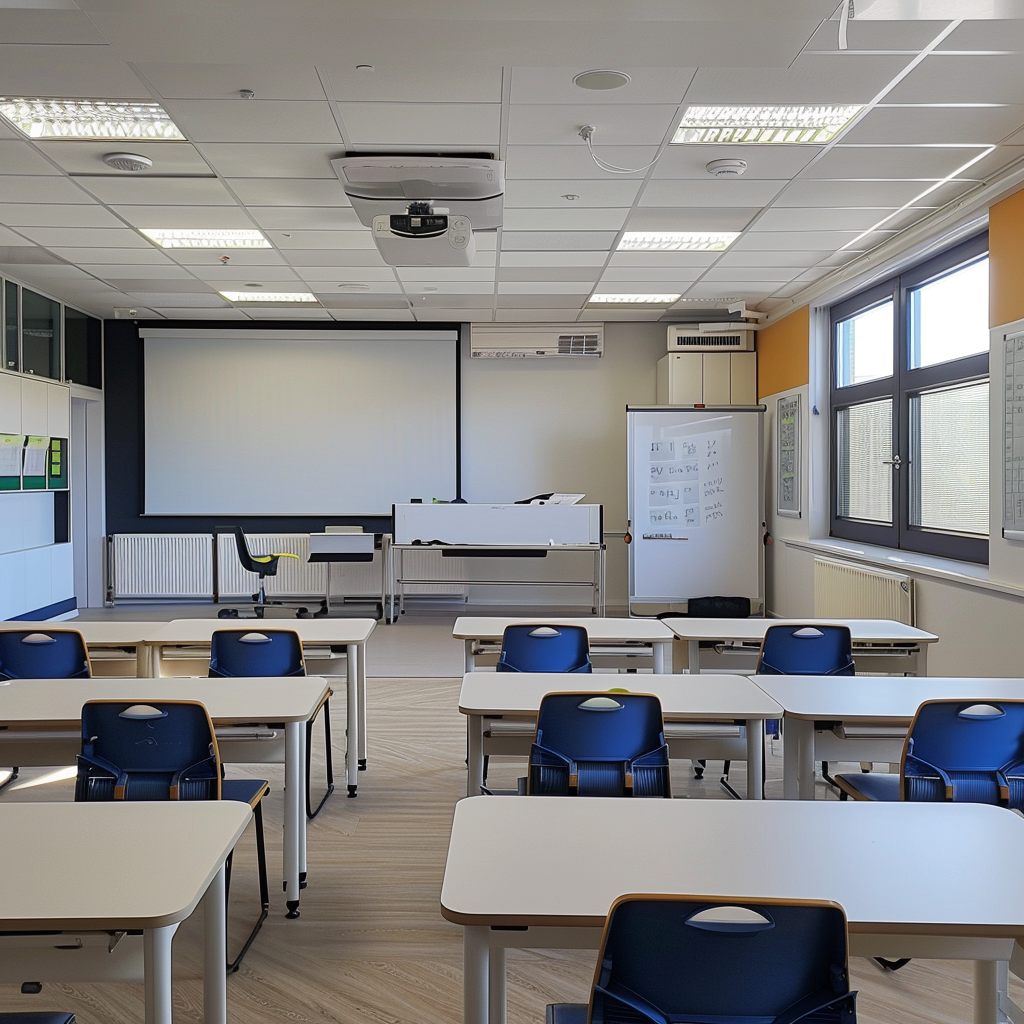
Modular buildings have been gaining popularity in the UK over the years, providing a cost-effective and efficient solution for various industries, including education. As a modular building supplier in the UK, we understand the benefits that these structures can bring to the education sector. In this blog post, we will dive deeper into why modular buildings are the future of the education sector in the UK.
Firstly, let's define modular buildings. Simply put, they are buildings constructed off-site in a controlled factory environment and transported to the desired location. These buildings comprise pre-fabricated modules fitted together on-site, resulting in a fully functional structure. This construction method has proven to be quicker, more cost-effective, and environmentally friendly than traditional forms of construction.
One of the main advantages of modular buildings in the education sector is the speed of construction. The building process can take months or even years with conventional construction methods. Modular buildings, on the other hand, can be built in weeks. The modules are constructed simultaneously in a factory setting while the site is prepared. This means schools and other educational institutions can quickly have additional facilities or classrooms, if needed, without disrupting their daily operations.
Furthermore, modular buildings can easily be expanded or relocated if required. As the education sector grows and evolves, schools may need to expand their facilities to accommodate more students or change their location. Modular buildings offer the flexibility to add more modules or relocate the entire structure without significant disruptions. This is especially beneficial for schools constantly facing changes in their student population or curriculum requirements. Another key advantage of modular buildings for the education sector is cost-effectiveness. As we all know, education budgets are tight, and schools must be mindful of their spending. Modular buildings can offer a cost-effective solution as they are typically cheaper to construct than traditional buildings. This is due to the streamlined and efficient nature of the manufacturing process and the ability to reuse or recycle materials.
Additionally, schools can save on utility costs, as modular buildings are designed to be energy-efficient, leading to long-term savings for the institution. Modular buildings also have the advantage of being customisable. As each educational institution has different needs and requirements, modular buildings can designed and tailored to meet these specific needs. Whether it's a science lab, a music room, or even a cafeteria, modular buildings can be designed to cater to the unique needs of the school.
In conclusion, modular buildings have much to offer to the education sector in the UK. With their speed of construction, flexibility, cost-effectiveness, and customisation options, they are indeed the future of education facilities. As a leading modular building supplier in the UK, we are proud to offer these innovative and sustainable solutions to schools and other educational institutions, helping them create a conducive learning environment for their students while being mindful of their budget and the environment.
